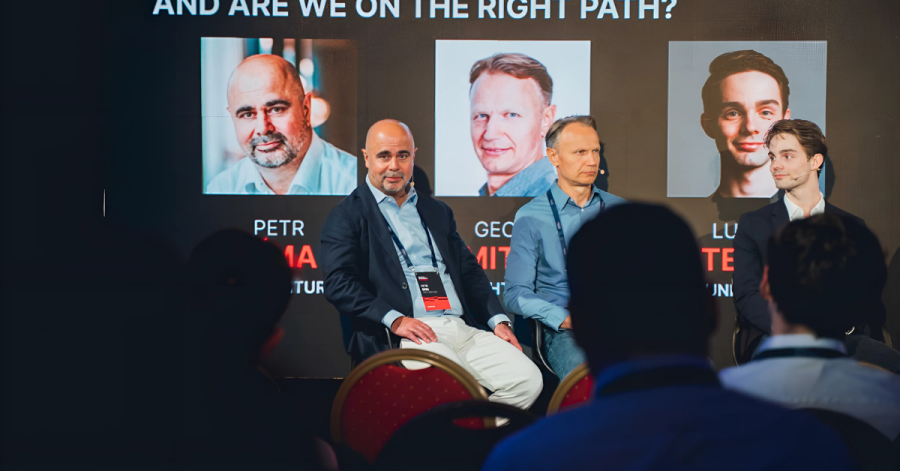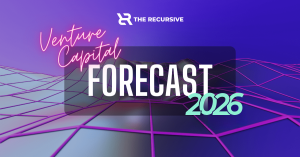The Czech startup ecosystem is caught in a familiar paradox: private investors would like to write checks for ventures, but the startups worth backing are in short supply. According to DEPO Ventures’ latest annual report on the state of startup investments in the Czech Republic, 62.2% of investors see the lack of quality startups as the biggest challenge — a sharp rise of nearly 20% compared to last year.

The findings, based on a survey of 156 respondents including private investors and venture capitalists, suggest that despite sustained enthusiasm for startup investing, the pipeline of promising companies is drying up.
A willing but wary investor base
Despite concerns, investor sentiment remains bullish. Nearly 80% of both private and professional investors plan to continue investing in startups throughout 2025. Among VC General Partners, half intend to significantly increase capital deployment. Limited partners — those who invest in VC funds — appear similarly committed, with 81.3% planning to maintain or grow their contributions. Still, about a quarter of investors say they will reduce their investment activity compared to last year, and 6.3% are stepping back altogether.
Investors are particularly drawn to technologies shaping the future. Artificial intelligence topped the list of favored fields, with 77.6% of investors backing it. Big data, data analytics, and cybersecurity closely follow. Defense tech also saw a significant spike in interest, rising to 33.7% — a reflection of both global tensions and national security concerns.

“We’re witnessing a growing interest in AI and defense investments. This is no surprise, as investors recognize the critical importance of these sectors for the future. Additionally, they are keenly aware of the vast opportunities arising in these areas, with financial incentives remaining a strong pull,” says Petr Šíma, Managing Partner at DEPO Ventures and Board Member of CBAA.
Sector-wise, SaaS leads the way, followed by fintech and healthtech. Meanwhile, e-commerce and mobility remain steady. Interest in Czech-only startups, however, is falling. Just 24.5% of investors say they focus solely on domestic companies — down from 25.3% in 2023 and 31% in 2022 — while 29.6% now prioritize startups from the broader Central and Eastern Europe region.
Venture investment is still seen as high-risk, high-effort
While 37.4% of investors say their startup investments have outperformed traditional assets, nearly half remain unsure how they compare. Most investors (58%) use a mix of direct investments and fund allocations to spread risk. The most common returns fall between one to five times the invested capital — modest, but potentially attractive in a volatile global market.
However, barriers persist. Investing in startups is still seen as complex and time-consuming, with 35.3% citing the capital demands, 27.5% the time burden, and 23.5% the high risk. The single most sought-after support? Help finding quality startups — a need expressed by over half of respondents.
The findings paint a questionable picture. It looks like there’s no shortage of capital, but quality deal flow remains a bottleneck. This gap raises an important question: is the ecosystem failing to produce startups that meet investor expectations, or are investors too narrowly focused, missing out on emerging talent?
More information about the investment preferences and portfolio strategies of private investors will be explored in The Recursive’s report Money in Motion, set to launch on May 13.








